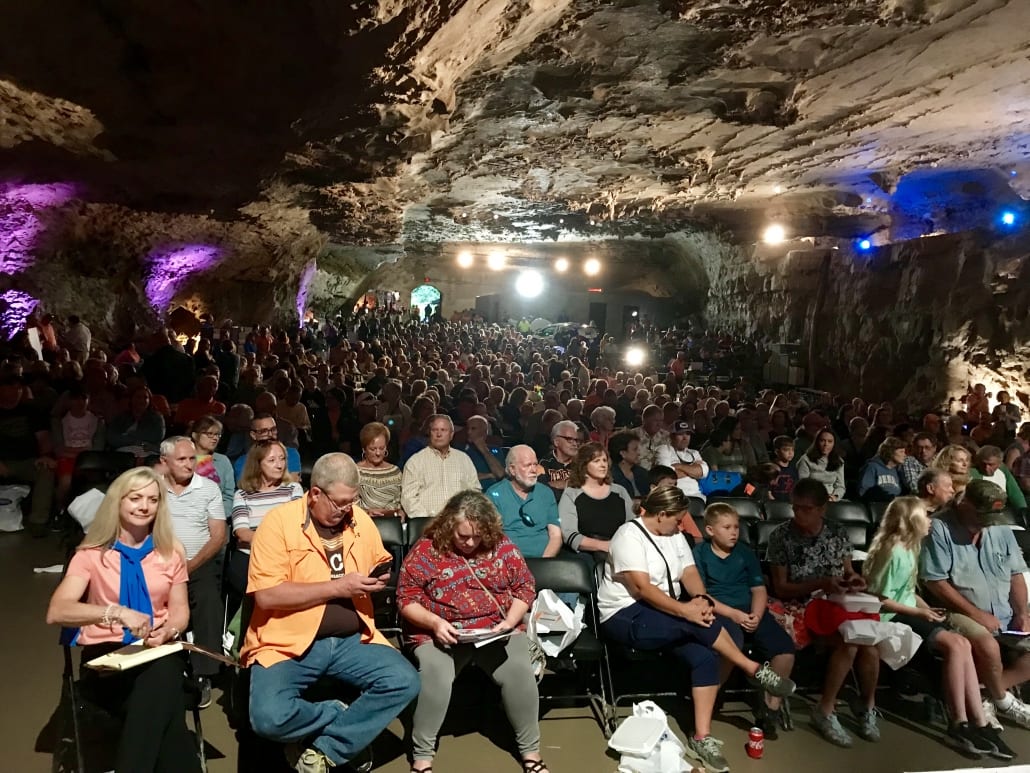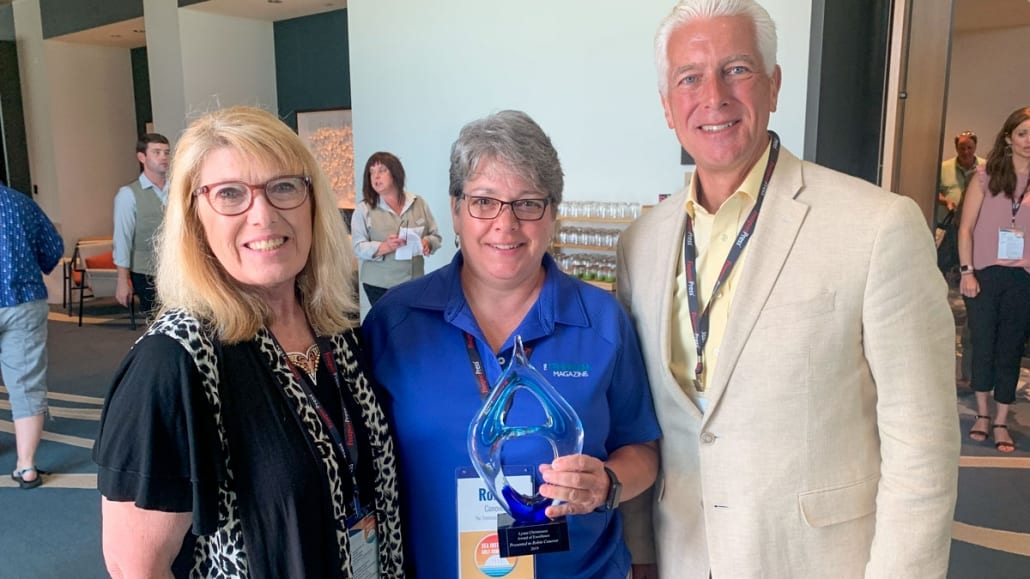The electric grid has led to dramatic changes in our way of life, and as society continues to change, so does our nation’s grid.
The smart grid is the modern-day version of the traditional grid that has evolved with more advanced technologies that allow for two-way communication between the electric utility and the consumer. With all of the progress from developing technologies, the smart grid provides many advantages for both utilities and consumers.
The smart grid is made up of a variety of technologies that collectively help to make the grid smarter. A key feature is the smart meter, which provides two-way communication between the energy provider and the consumer. Smart meters help detect power outages and automate billing, which helps to improve reliability and efficiency. The smart meter is connected to smart distribution systems, smart substations and smart generation capabilities, which all work together to create a smart grid.
As research and innovation continues, additional technologies are becoming available. Advancements like machine learning, where electric utilities can forecast energy use using past data and patterns, and total automation, where power generation to distribution is completely automated are just a couple of examples of how the grid will be more efficient.
The smart grid provides many benefits, and one of the most important is providing electricity in a more reliable way. With all the new technology, problems in the grid are much easier to prevent early on, easier to identify and easier to fix. The smart grid also helps utilities plan for the future to reduce the likelihood of power blackouts and surges.
Another benefit to the consumer is more access to information and new ways to control and manage their energy use. Consumers now have the ability to view their daily energy use online or via app before they receive their monthly bill, which can lead to better energy efficiency habits.
Another benefit is that the grid will be better equipped to handle demand response programs to manage the electricity load, which can ultimately save money for the utility and consumers. Having the ability to strategically manage the energy load will also help the grid to better integrate renewable energy into the system. Consumer-owned renewable energy generation systems, such as rooftop solar panels, are also more easily integrated into the grid.
Considering all the benefits, it makes sense for utilities to invest in smart grid technologies. By investing now, they will help to reduce costs over the long run while also providing more reliable service to the consumers they serve.
Over the next decade, utilities are expected to invest $110 billion in smart grid technologies, and this value is likely to grow as new technologies continue to be developed. Many electric cooperatives across the U.S. have started initiatives within their service territory to deploy smart meters and other advanced grid infrastructure. These advancements and trends will continue as improving grid reliability remains a priority for electric utilities.
Maria Kanevsky is a program analyst for the National Rural Electric Cooperative Association, the national trade association representing more than 900 local electric cooperatives. From growing suburbs to remote farming communities, electric co-ops serve as engines of economic development for 42 million Americans across 56 percent of the nation’s landscape.







